Ford Edge Noise When Accelerating: Causes and Solutions
Hearing unusual noises when accelerating your Ford Edge can be frustrating and might indicate a problem. These sounds could come from the engine, exhaust, or even the wheels. Understanding the possible causes, such as air leaks, loose parts, or transmission issues, can help you address the problem quickly and keep your vehicle in good shape.
If your Ford Edge makes noise when accelerating, it could be due to air leaks, loose parts, or transmission issues. Common causes include problems with the intake, exhaust system, or wheel bearings. Timely inspections and maintenance can help fix these issues and keep your car running smoothly.
In this article we will discuss “Ford Edge Noise When Accelerating”.
Table of Contents
Overview of the Ford Edge noise issue
The Ford Edge may produce unusual noises when accelerating, which can result from problems like air leaks, loose parts, or transmission issues. These sounds can range from whistling to rattling or knocking. Identifying and fixing these problems promptly helps prevent bigger issues and keeps your car running well.
Why it’s important to address the problem
Addressing noise problems in your Ford Edge is important to avoid more serious issues. Ignoring strange sounds can lead to costly repairs, lower vehicle performance, or even safety risks. Fixing the problem early helps keep your car running smoothly and prevents further damage over time.
Common Types of Noise When Accelerating
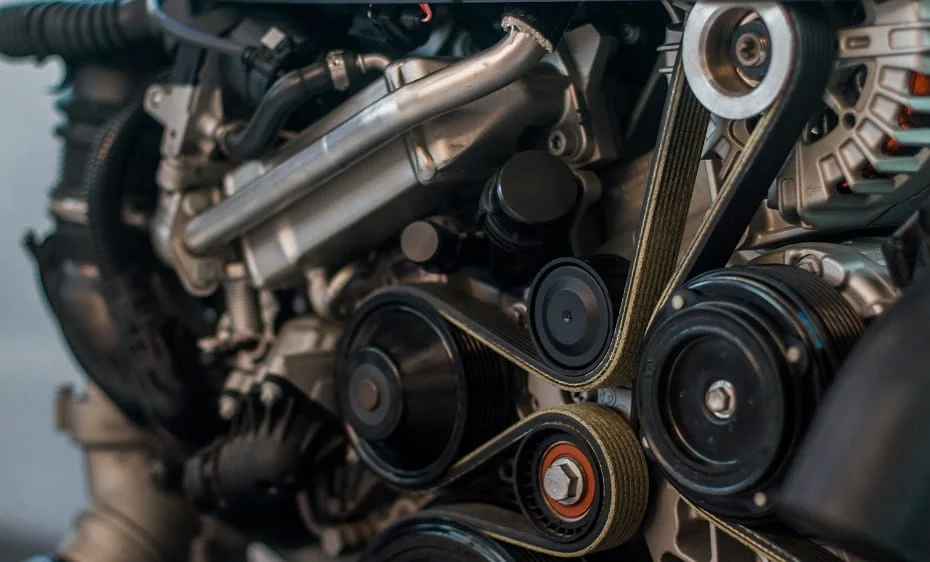
Whistling sound
A whistling sound in your Ford Edge when accelerating may be due to air leaks in the intake or exhaust system. This happens when air escapes through cracks or loose connections. Checking and fixing these parts can stop the noise and prevent bigger problems with your vehicle.
Also read: Are Jeep and Ford Wheels Interchangeable ? Complete Guide 2024!
Knocking noise
A knocking noise in your Ford Edge during acceleration may be caused by engine misfires or issues with the fuel system. This happens when fuel doesn’t burn properly in the engine. It’s important to check the timing and fuel injectors to fix the problem and protect your engine.
Causes of Whistling Noise
Air leaks in the intake system
Air leaks in the intake system of your Ford Edge can cause a whistling sound when accelerating. These leaks happen when air escapes through cracks or loose connections in the hoses or intake manifold. Fixing these leaks is important for proper engine performance, as it helps maintain the correct air-fuel mixture for smooth running.
Solutions for Whistling Noise
Checking the intake manifold
Checking the intake manifold in your Ford Edge is essential to find air leaks. Look for cracks or loose connections that may allow air to escape. Inspecting this part helps ensure the engine gets the right amount of air for efficient performance, which can improve overall engine function and reduce noise.
Fixing exhaust leaks
Fixing exhaust leaks in your Ford Edge is important for quiet operation and engine efficiency. First, identify the leak by inspecting the exhaust pipes and joints for cracks or holes. You can use exhaust sealant for small leaks or replace damaged parts for larger issues. This will help improve performance and reduce noise.
Causes of Rattling Noise

Loose heat shields
Loose heat shields in your Ford Edge can cause rattling noises while driving. These shields protect parts from high heat but can become loose over time. It’s important to tighten or replace them to prevent further noise and ensure the safety of your vehicle’s components from excessive heat damage.
Also read: Ford KA Overheating and Heater Not Working–Ultimate Guide 2024!
Issues with the suspension system
Issues with the suspension system in your Ford Edge can lead to knocking or rattling sounds when accelerating. Common problems include worn-out shock absorbers, damaged struts, or loose components. These problems can impact ride comfort and handling .It’s important to have the suspension checked and repaired to ensure a smooth and safe driving experience.
Solutions for Rattling Noise
Inspecting heat shields and tightening them
Inspecting heat shields and tightening them on your Ford Edge is essential for reducing noise and preventing damage. First, check for loose or corroded bolts holding the shields. Use a wrench to tighten them securely. If any shields are damaged, consider replacing them to ensure proper protection from heat and maintain a quiet ride.
Causes of Knocking Noise
Engine misfires
Engine misfires happen when one or more cylinders do not fire correctly. This can cause the engine to run rough, lose power, or produce strange sounds. Common causes include faulty spark plugs, fuel issues, or problems with the ignition system. Rectifying these faults can enhance performance and fuel efficiency.
Problems with the fuel system
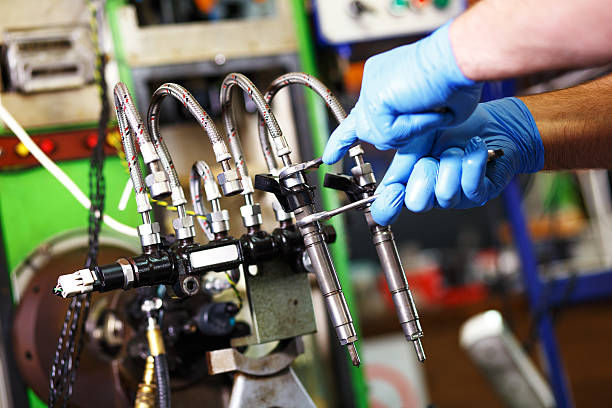
Deficiencies in the fuel system may result in engine complications .Common problems include clogged fuel filters, bad fuel pumps, or dirty injectors. These may result in low power, poor performance, or trouble starting the engine .Frequent maintenance keeps the car operating smoothly and aids in maintaining a clean fuel system.
Solutions for Knocking Noise
Checking the engine timing
For a smooth engine to run, timing checks are essential. It ensures that the engine’s parts work together at the right moment. The engine may run badly or have less power if the timing is wrong. Frequent maintenance can keep issues at bay and the car operating well.
Gear slippage and strange sounds
How to diagnose transmission problems
Look for warning lights on the dashboard first when diagnosing transmission issues .Listen for unusual sounds when shifting gears. Pay attention to any slipping or difficulty in changing gears. Checking the transmission fluid level and condition can also help. If problems continue, have a mechanic do a comprehensive examination.
Solutions for Transmission Issues
Transmission fluid replacement
Replacing your transmission fluid is essential to maintaining the smooth operation of your car. The fluid may get soiled and lose its potency over time. Changing the fluid on a regular basis prolongs the life of the system and helps avoid transmission problems. For optimal outcomes, always adhere to your car’s service schedule.
Repairing or replacing the transmission
When there are significant problems, it is frequently required to replace or repair the transmission. For small issues, repair can be more affordable than replacement; nonetheless, replacement is the best option for significant damage .Both options require professional help. Many transmission problems can be avoided with routine maintenance, which can also help save expensive future repairs.
Wheel Bearing Noise
What it sounds like
The phrase “what it sounds like” describes the noises that a car makes, which may be signs of problems. Common sounds include grinding, clunking, or whining. Different issues, like a worn-out brake system or a failing transmission, may be indicated by each sound. Being aware of these sounds can aid in the early detection and resolution of problems.
Why worn bearings create noise
Worn bearings create noise because they lose their smooth surface. As they wear down, metal parts rub against each other, causing grinding or rattling sounds. This friction leads to increased heat and can result in further damage. Timely replacement of worn bearings helps avert more significant problems with the machinery.
Solutions for Wheel Bearing Noise
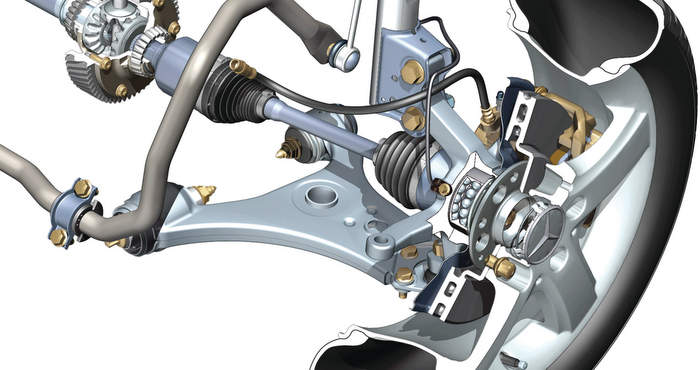
How to check bearings
To check bearings, start by removing any covers or shields. Spin the bearing by hand; it should move smoothly without noise. Keep an eye out for deterioration indicators like corrosion or cracks. Also, check for any play or looseness. To guarantee correct operation, think about changing the bearings if you observe any problems.
Also read : Can You Put E85 in a Ford Fusion? Complete Guide !
Replacing worn bearings
Replacing worn bearings is essential for smooth operation. First, remove the damaged bearings carefully. Clean the area, then install new bearings, making sure they fit snugly. For optimal results, use the right tools and adhere to the manufacturer’s recommendations. Frequent inspections and prompt replacements can stop additional damage and enhance functionality.
Preventive Maintenance
Regular servicing to avoid noise problems
Regular servicing helps avoid noise problems in vehicles. Routine checks on parts like bearings, brakes, and belts can catch issues early. Changing fluids and lubricating moving parts keeps everything running smoothly. Not only may timely maintenance increase performance and prolong the life of your car, but it also decreases noise.
Common maintenance tips for the Ford Edge
Check your Ford Edge’s brakes, tires, and oil on a regular basis to keep it operating smoothly. About every 12,000 to 15,000 miles, replace the air filter. To preserve the paint, wash your automobile and keep a watch on the battery. For enduring performance, adhere to the manufacturer’s recommended servicing schedule as well.
When to See a Mechanic
Knowing when the noise is serious
If your car makes a loud, persistent noise like grinding or whining, it could be a serious issue. If the noise increases with time or varies in speed, pay attention to it. A professional should inspect it if you hear strange noises because they could indicate issues with the engine, tires, or brakes.
Why professional inspection is crucial
A professional inspection is important because mechanics can spot problems that you might miss. They can completely inspect your car because they have the necessary equipment and expertise. Early problem detection can save costly repairs down the road and maintain the safe and efficient operation of your vehicle. Regular inspections are essential for safety.
Conclusion
In conclusion, if your Ford Edge makes strange noises when accelerating, it could signal various issues like air leaks, loose parts, or transmission problems. Regular maintenance and inspection can assist you in identifying these issues early on and avert expensive repairs. Driving safely and smoothly is ensured by maintaining your car.
FAQs
What are common reasons for noise when accelerating in a Ford Edge?
Common reasons include air leaks in the intake or exhaust system, loose parts like heat shields or suspension components, and engine misfires or fuel system issues.
How can I fix a whistling noise in my Ford Edge?
A whistling noise may be caused by air leaks in the intake or exhaust system. Check for cracks or loose parts and fix them. You may need to replace damaged parts to stop the noise.
What should I do if I hear a rattling noise when accelerating?
Rattling noises may come from loose heat shields or suspension components. Tighten or replace any loose parts, and check the suspension for worn-out components to prevent further issues.
When should I see a mechanic for noise issues in my Ford Edge?
If you hear loud, persistent noises like grinding or whining, or if the noise changes with speed, it’s best to see a mechanic. Early attention can prevent serious damage and expensive repairs.

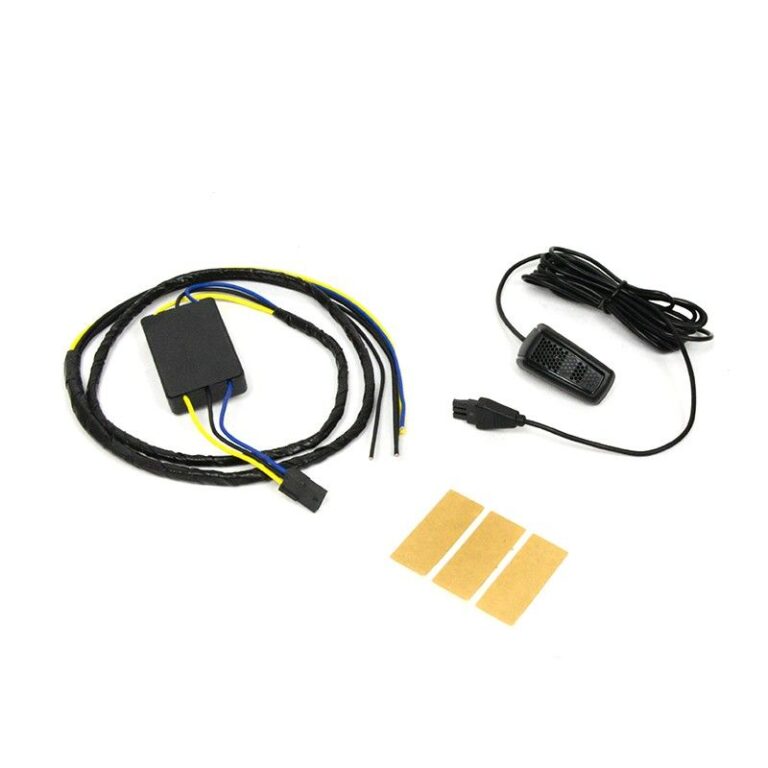
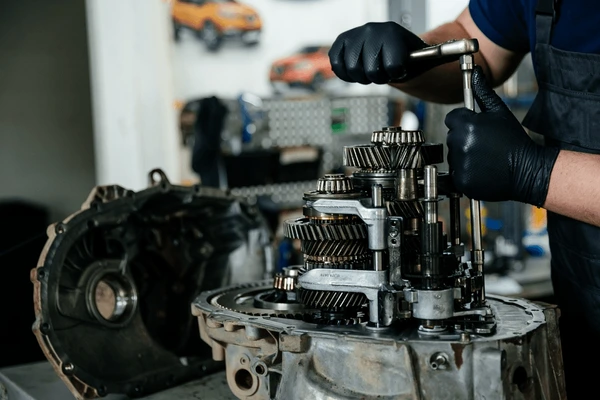


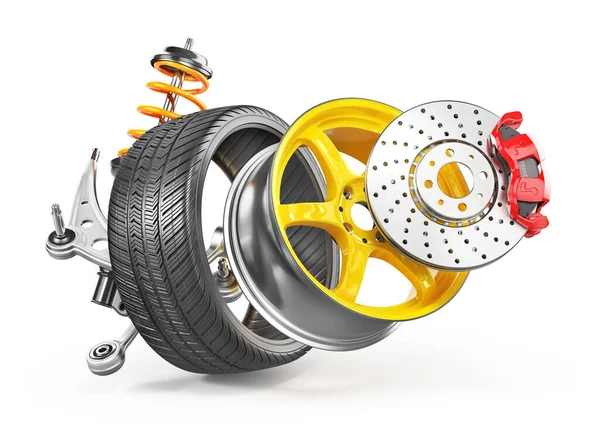
One Comment